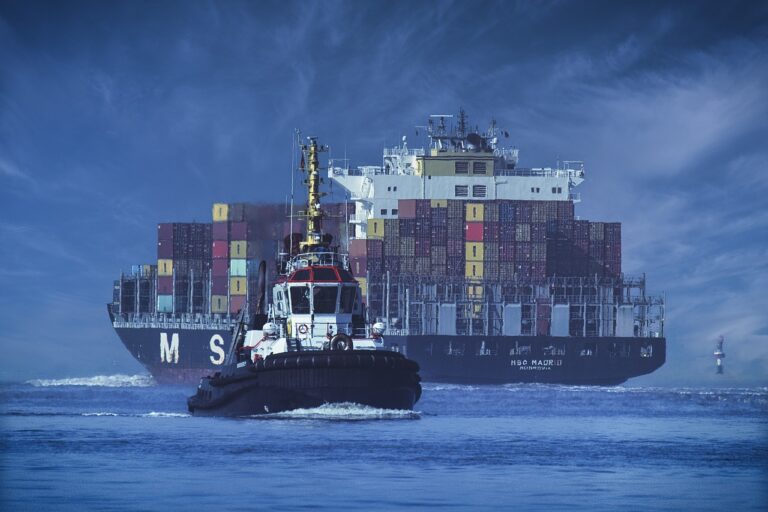Understanding the Need for Resilience:
The B2B food industry is inherently dependent on a well-functioning and reliable supply chain. However, the prevalence of global challenges such as pandemics, geopolitical tensions, and climate-related disruptions underscores the importance of building resilience. Resilient supply chains are not only robust in the face of adversity but also possess the agility to adapt to unforeseen circumstances, ensuring uninterrupted flow and availability of essential food products.
Diversification of Suppliers and Markets:
One of the key strategies in building supply chain resilience involves diversification. B2B food businesses are actively seeking to diversify their supplier base and market reach. By establishing relationships with suppliers across different regions and markets, businesses can mitigate risks associated with localized disruptions, geopolitical tensions, or sudden shifts in demand.
Investing in Technology and Digitalization:
Technology plays a pivotal role in enhancing the resilience of supply chains. B2B food businesses are leveraging digital tools and technologies such as advanced analytics, real-time monitoring, and predictive modeling to gain insights into their supply chains. These innovations provide a level of transparency and agility that is indispensable in responding to disruptions swiftly and strategically.
Collaborative Partnerships and Communication:
Building resilience is not a solo endeavor; it requires collaborative efforts across the supply chain. B2B food businesses are actively fostering strong partnerships with suppliers, distributors, and logistics providers. Open communication channels and collaborative problem-solving mechanisms enable a more coordinated response to challenges, ensuring that disruptions are addressed collectively.
Inventory Optimization and Demand Forecasting:
Striking the right balance between supply and demand is a critical aspect of supply chain resilience. Businesses are investing in advanced inventory management systems and demand forecasting tools to optimize their inventory levels. This proactive approach ensures that there is sufficient stock to meet demand during disruptions while preventing excess stock during periods of stability.
Flexible Logistics and Distribution Strategies:
The resilience of a supply chain is closely tied to the flexibility of its logistics and distribution networks. B2B food businesses are reevaluating their distribution strategies, exploring multiple transportation modes, and establishing alternative routes to circumvent potential disruptions. This adaptability ensures that products can reach their destination even when faced with challenges such as port closures or transportation restrictions.
Scenario Planning and Risk Assessment:
Supply chain resilience is inherently linked to anticipating and mitigating risks. B2B food businesses are actively engaging in scenario planning exercises and risk assessments to identify vulnerabilities in their supply chains. By understanding potential risks, businesses can develop contingency plans and implement proactive measures to enhance their ability to withstand disruptions.
Conclusion:
As the B2B food industry charts its course in an increasingly interconnected world, supply chain resilience emerges as a non-negotiable factor for success. Businesses that prioritize and invest in building resilient supply chains position themselves not only to weather the storms of global challenges but also to thrive in the face of uncertainty. In cultivating a resilient supply chain ecosystem, the B2B food industry not only safeguards its operations but also contributes to a more robust and sustainable global commerce network.

